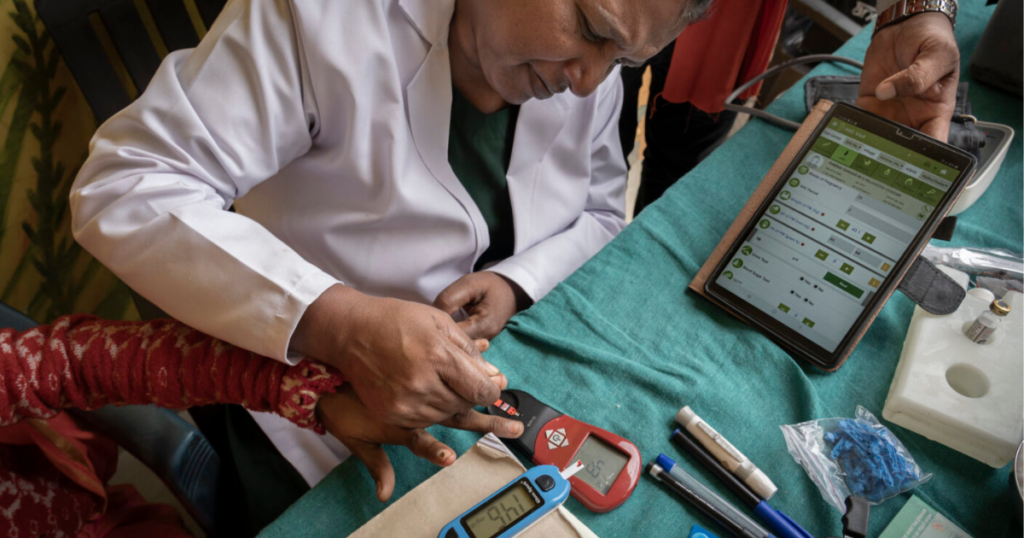India grapples with the absence of a clear policy for the care economy, hampering outcomes such as universal childcare, dignified employment for caregivers, pro-family policies and economic empowerment for women. Improved access to quality childcare, particularly centre-based care, is linked to increased women’s labour market participation – an enduring challenge for India. A UNDP study evaluating Chile’s care model found that approximately 60% of mothers benefitting from the programme were actively able to seek employment.
Investing in high-quality early childhood care is a strategic imperative for economic development. James Heckman’s research demonstrated a remarkable return of $4 to $16 for every $1 invested. These programmes not only enhance worker productivity but also empower caregivers and create employment opportunities. Nevertheless, the challenge persists in scaling up these high-quality programmes to realise substantial returns.
India’s progressive initiatives, including Integrated Child Development Services (ICDS) and Early Childhood Care and Education (ECCE), and discussions during its G20 presidency, present a crucial opportunity to lay the foundation for its care economy.
This perspective explores successful international care models, offering valuable insights for India to strengthen its care economy with a gender-responsive approach, tailored to address the unique needs of the diverse population in the country.
As policymakers and stakeholders navigate the complex terrain of care provision, five integral components – holistic policies, progressive enabling environment, empowering cadre of workers, universal coverage through innovative models, and governance and accountability – emerge for the establishment of a resilient and responsive care economy. With a focus on leveraging existing initiatives, refining policies, and fostering collaboration between public and private entities, India has the opportunity to chart a transformative course for its care ecosystem.
Authors: Tripti Naswa and Sadhana Sanjay
We are grateful to Smruti Das, CEO, RPG Foundation and Atulya Mishra, Manager, MicroSave for their valuable insights into framing the discourse of Care Economy in India, which helped us shape this document.




